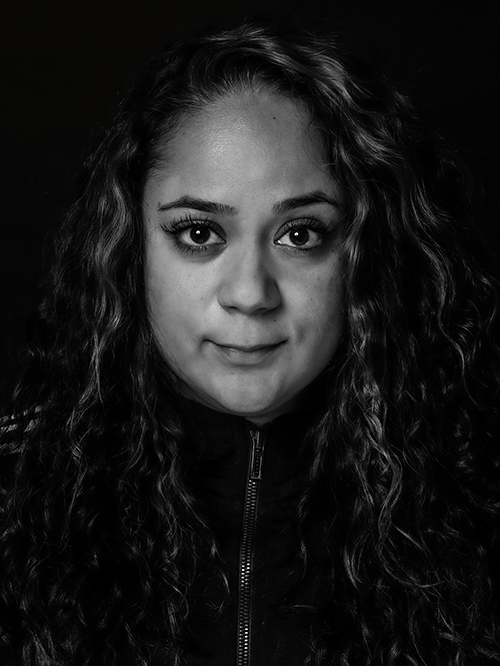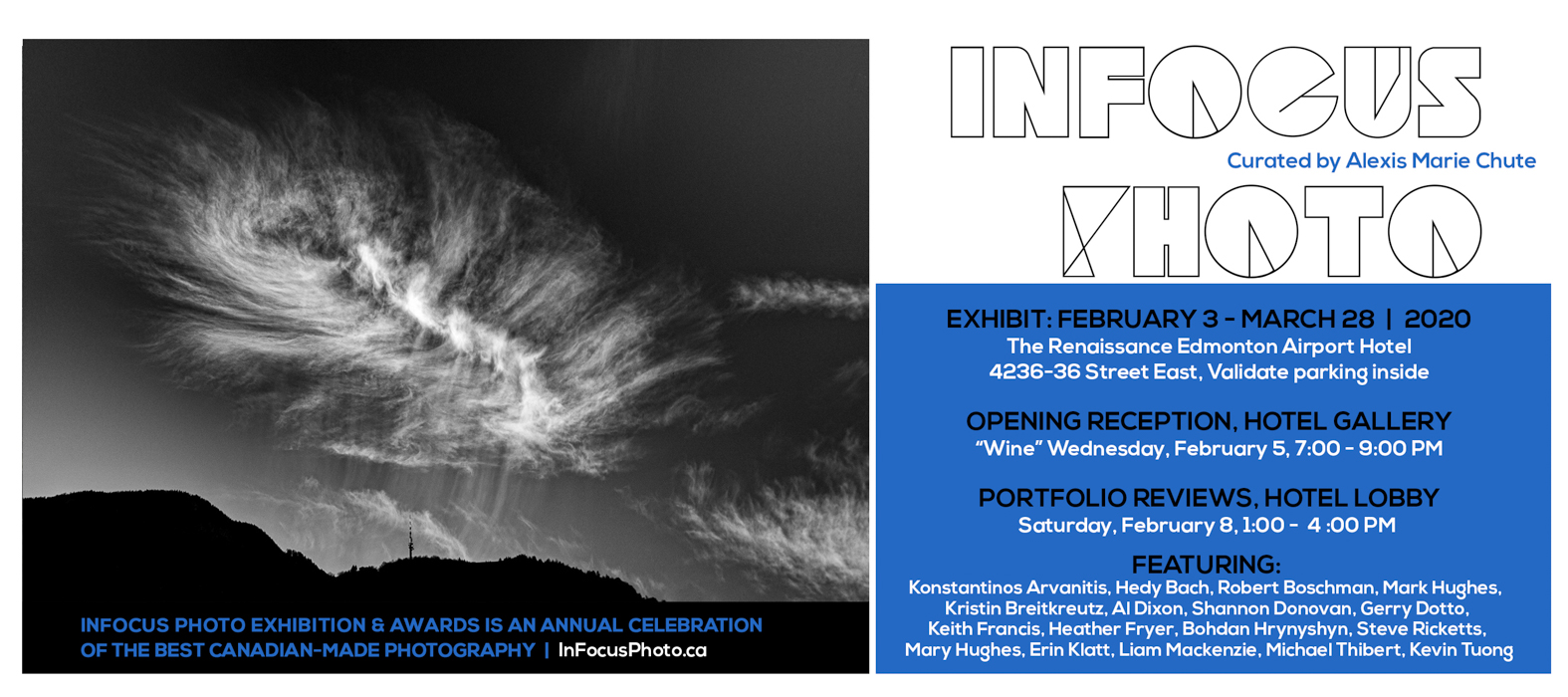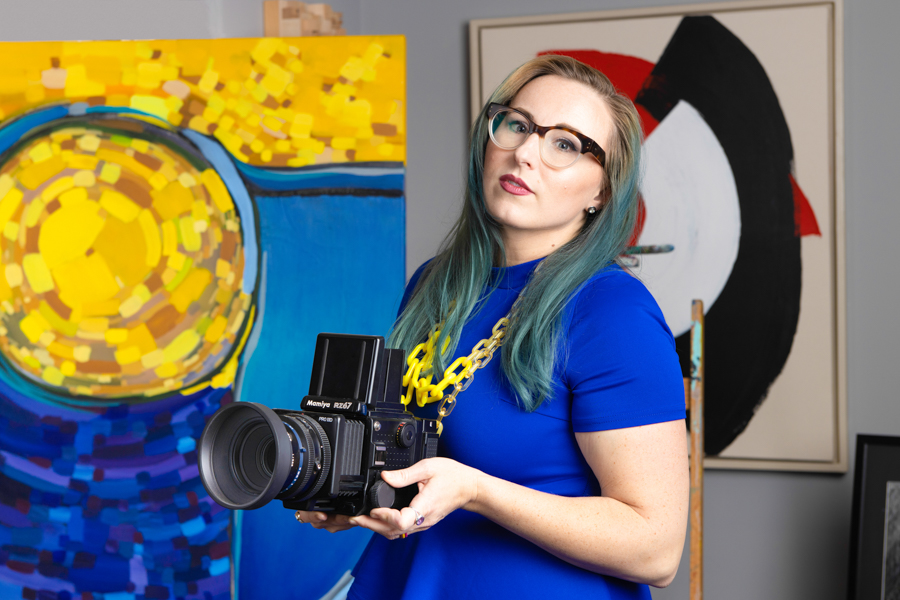Artsy Mondays
In Artsy Mondays, I’ve asked interviewees this question:
“What advice do you have for aspiring artists?”
I felt like chiming in on this. When I pause to think about this question, my advice is one resounding word: Perseverance.
I could also say: A combination of hard work, talent, skill, luck, mentoring, education, experience, creativity, a unique story, a new technique, a timely message, etc…. However, none of those things account for the determination and resiliency needed on the artistic journey.
I distinctly remember – at the beginning of my career almost 20 years ago – transforming into a giant cry baby when I received rejection letters from art galleries, residencies, agents, and publishers. I’d need a few days of a pity party before I sucked it up and persisted.
It was the day I received my 50th rejection letter (yes, I kept track) that I realized I had finally developed a thick enough skin.
The rejection bounced off. No more tears.
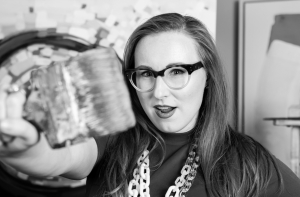
Photography of Alexis Marie Chute by Justyna Marino
I’ve probably received 50 more rejections since that day, but now they don’t phase me. I’ve developed an attitude that says: “You don’t think I can do it? WATCH ME!” I may typically have profanities slipped in that sentence as well, but you get the point.
You won’t show my work in your gallery?
I’ll find another, or a build my own space.
You won’t publish my book?
I’ll investigate and pursue alternative publishing methods.
You won’t award me the grant?
I’ll crowdfund, work overtime, whatever I need to do to make my project happen.
You won’t screen my film?
I’ll find alternate venues and reach out to my network.
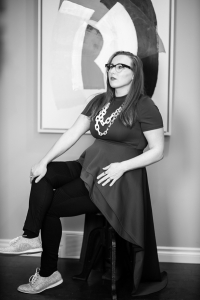
Photography of Alexis Marie Chute by Justyna Marino
Through every obstacle, slammed door, rejection, heartbreak on my artistic journey, I have chosen perseverance.
Perseverance means believing in yourself and your creative work enough that nothing will stop you. Nothing.
Speaking of perseverance, today’s guest artist understands the journey of representing her work in a culture where she did not see the inspiration she was hoping for in the galleries in her city. Now she’s creating it for herself and others.
I am proud to introduce:
Christina Leslie
I had the pleasure of curating Christina’s photography for an exhibition called, “Head Space,” fall 2019. I admire Christina’s thoughtful artwork and her strong aesthetic vision.
Photographer Interview
When did you know you wanted to be an artist?
I’ve known I wanted to be an artist since about age 5. I used to love to draw and paint as a child. My mother kept many of my early creations. I took as many art classes as I could in elementary and Highschool. But it was at the age of 17, that I knew I wanted to be a photographer. My art teacher suggested I take her darkroom photography class as one of my additional electives and that’s when I got hooked.
Who are the artists that have had the greatest influence on you and why?
There are a tremendous number of visual artists that have influenced my practice such as Carrie Mae Weems, Lorna Simpson, Kara Walker, Ebony Patterson and fellow Canadian artist Sandra Brewster. I have also been inspired by Hank Willis Thomas and most recently film makers Barry Jenkins and upcoming director Joe Talbot. I think all their works have motivated me to create photo-based works that are meaningful visually (especially when creating bodies of work that speak about the African-diaspora).
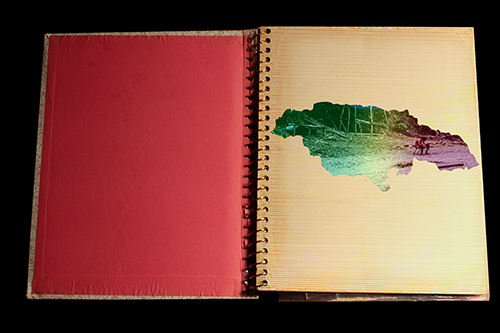
Art and photography by Christina Leslie
What is the inspiration behind your artwork?
My initial art practice was inspired by the fact that I am bi-racial and living in the culturally and racially diverse city of Toronto. During my undergrad, I was expected to attend exhibits and art openings throughout the established art institutions in the city. While, I appreciated the aesthetic and the artistic vision behind the bodies of work, I found it challenging to relate to any of what was displayed because of the lack of representation from artists who were visible minorities.
Photographs that depicted visible minorities, still embodied the notion of “the other”. Moreover, during my final thesis year, I was met with the task to find my own reference materials of influential artists for research, as my university at the time, had a limited collection of sources about artists of colour or their work. This experience was the catalyst to produce work that reflected the themes of marginalization, immigration, race and identity.
While this is the primary reason for the direction of my photographic practice, I am also driven by my Jamaican heritage, memory, traditions and story telling. I have also incorporated analog and historical processes in my work such as using the pin-hole camera.
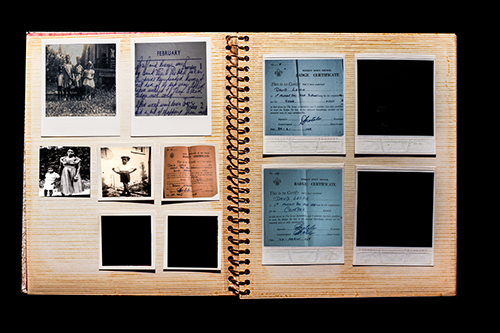
Art and photography by Christina Leslie
What is distinctive about your art that sets it apart from others?
I incorporate many historical photographic techniques in my work and I still gravitate to analog processes when producing series, rather than solely rely on digital means of fabricating my work. I also like to use appropriated images from my own family album archives.
What advice do you have for aspiring artists?
I think it’s imperative to really study one’s craft and pioneers who were successful. Additionally, I believe in trying many ways to create a piece so that there is room for an idea to expand. It also helps to find a mentor in one’s field who will provide constructive feedback in order to grow as an artist. Likewise, when first navigating the art world and to gain exposure, it is good to apply for as many calls for submission as possible. Lastly, never undersell your work. Know your worth.
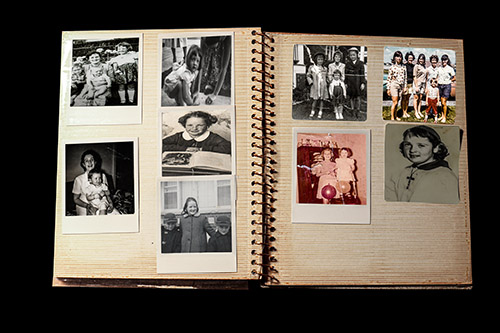
Art and photography by Christina Leslie
Describe the environment or your studio in which you create. Do you have any artmaking rituals?
My studio is simple. I have a darkroom and I also have a mini studio in my basement. I do not have any rituals, but I do explore my idea as much as possible by trying different ways to represent it visually. Once I find the strongest interpretation, I then plough ahead with production.
What destination around the world most inspires your work?
I have no set destination; anything and anywhere can inspire me.
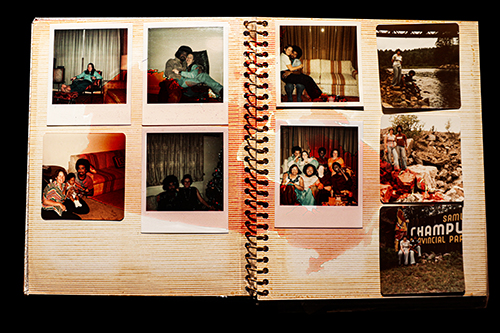
Art and photography by Christina Leslie
Did you go to art school or are you self-taught? What is the greatest lesson you’ve learned along the way?
I went to the OCADU in Toronto, ON for my undergrad and I am currently doing my masters at SCAD in Savannah, GA. The greatest lesson I’ve learned from being in school is that sometimes my Professors may not understand my work. This doesn’t mean I feel discouraged or stop if I have a firm enough conviction to stand by my decisions creatively. I will speak about my work as critically in a way for them to accept but I will also listen to their advice and try to find a way to incorporate their ideas with mine without compromising my convictions.
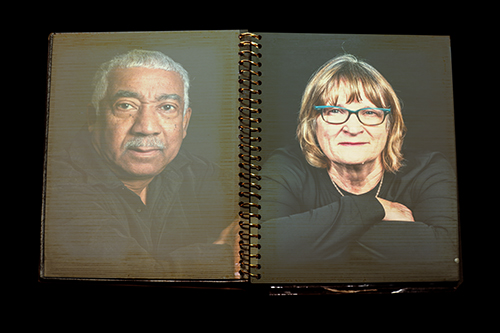
Art and photography by Christina Leslie
If you could have any superpower, which would you choose?
I would want to eat whatever I want without gaining weight.
Where can people find you online or in person?
I have several shows coming up in 2020. I will be one of the main features at the Capture Festival in Vancouver, The Contact Festival in Toronto (at BAND GALLERY), THE NPCC also in Toronto.
My online presence is clphoto83 (IG) and rawartist/clphoto
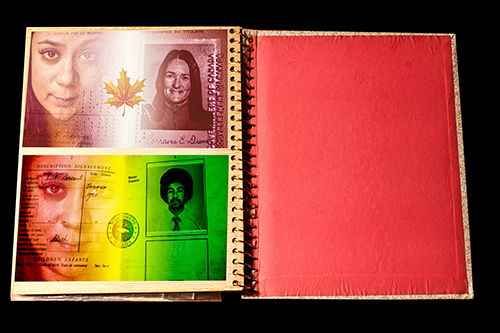
Art and photography by Christina Leslie
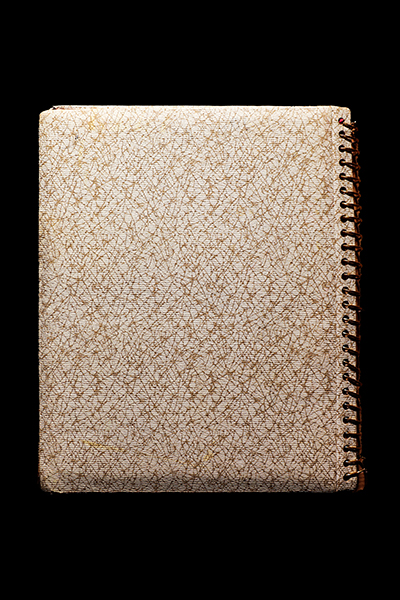
Art and photography by Christina Leslie

